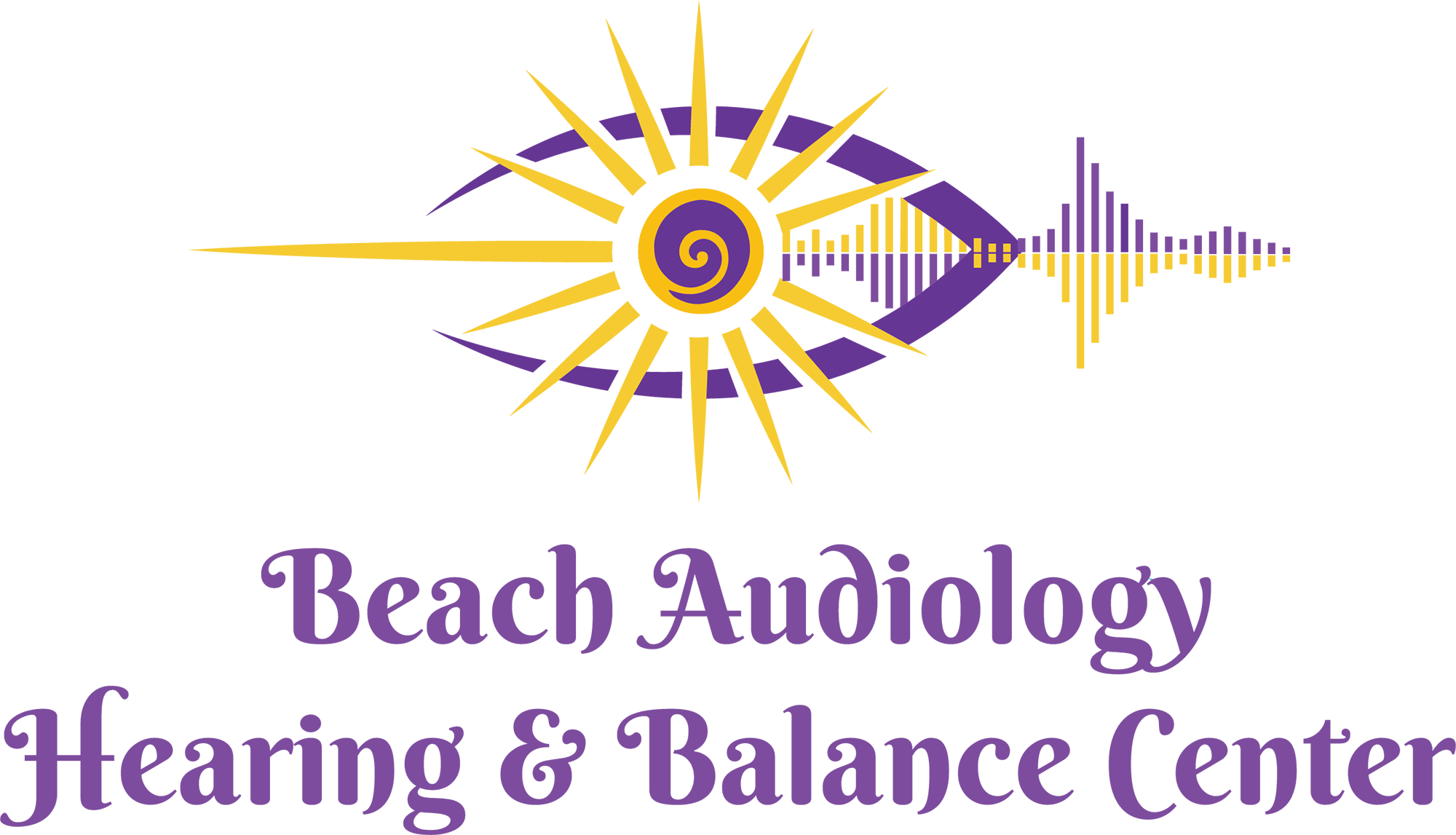Cochlear and Bone Conduction Implants
What to Expect If You Get Cochlear Implants
- Improved speech understanding and communication.
- Gradual adaptation to new sounds.
- Continued follow-up care and adjustments to optimize performance.
- Enhanced quality of life and social engagement.
Cochlear Implants: Myths and Misconceptions
Myth: Cochlear Implants Are Only for Profound Deafness
Fact: Cochlear implants can benefit individuals with various degrees of hearing loss, from mild to profound. The suitability of cochlear implants depends on individual factors, so it's essential to consult with our audiologists to determine if they are the right solution for you.
Myth: Cochlear Implants Restore Hearing to Normal
Fact: While cochlear implants significantly improve hearing, they may not fully restore natural hearing. They provide access to sound, enabling recipients to better understand speech and environmental sounds. The extent of improvement varies from person to person.
Myth: Cochlear Implants Are Only for Adults
Fact: Cochlear implants are suitable for people of all ages, from infants to seniors. Early intervention in children with hearing loss can have a profound impact on their speech and language development.
Steps to Getting Cochlear Implants
Step 1: Consultation
Schedule an appointment with our audiologists for a comprehensive evaluation of your hearing and a discussion of your hearing needs and goals.
Step 2: Evaluation
If cochlear implants are deemed appropriate, a thorough evaluation will be conducted to assess your candidacy, including hearing tests, medical history review, and imaging (if necessary).
Step 3: Cochlear Implant Surgery
If you are a suitable candidate, you will undergo a surgical procedure to implant the cochlear device. The surgery is typically outpatient and performed by a qualified ear, nose, and throat (ENT) surgeon.
Step 4: Activation and Rehabilitation
After the surgery, your cochlear implant will be activated, and you'll begin rehabilitation to learn how to interpret the new sounds you'll hear. Regular follow-up appointments with our team will be scheduled.
Differences Between Cochlear Implants, Bone Conduction Systems, and Hybrid Hearing Systems
Cochlear Implants
Cochlear implants bypass damaged parts of the inner ear and directly stimulate the auditory nerve, providing access to sound for individuals with severe to profound hearing loss.
Bone Conduction Systems
Bone conduction systems transmit sound vibrations through the skull bone to stimulate the inner ear. They are beneficial for individuals with conductive hearing loss or single-sided deafness.
Hybrid Hearing Systems
Hybrid hearing systems combine the benefits of both cochlear implants and hearing aids, making them suitable for individuals with residual hearing in the low frequencies and severe to profound hearing loss in the high frequencies.
When to Consider Cochlear Implants
Cochlear implants should be considered when:
- Hearing aids no longer provide sufficient benefit.
- Communication difficulties affect your quality of life.
- You have moderate to profound sensorineural hearing loss.
- Medical evaluation deems you a suitable candidate.
Should Cochlear Implants Be Considered For Children?
Contact Us Today
Your Hearing and Balance Health Matters!
Your inner ear health is critical to your overall well-being.
Don't wait any longer to address your needs and concerns. Rediscover a world of sound, self-confidence, and meaningful connections by scheduling your comprehensive evaluation with us today. We are here to support you on your journey to improved hearing, balance, and a better quality of life.
Call or text us to book your appointment, and let's start your path to better hearing and balance together. We look forward to serving you at Beach Audiology Hearing & Balance Center in Myrtle Beach, SC.
